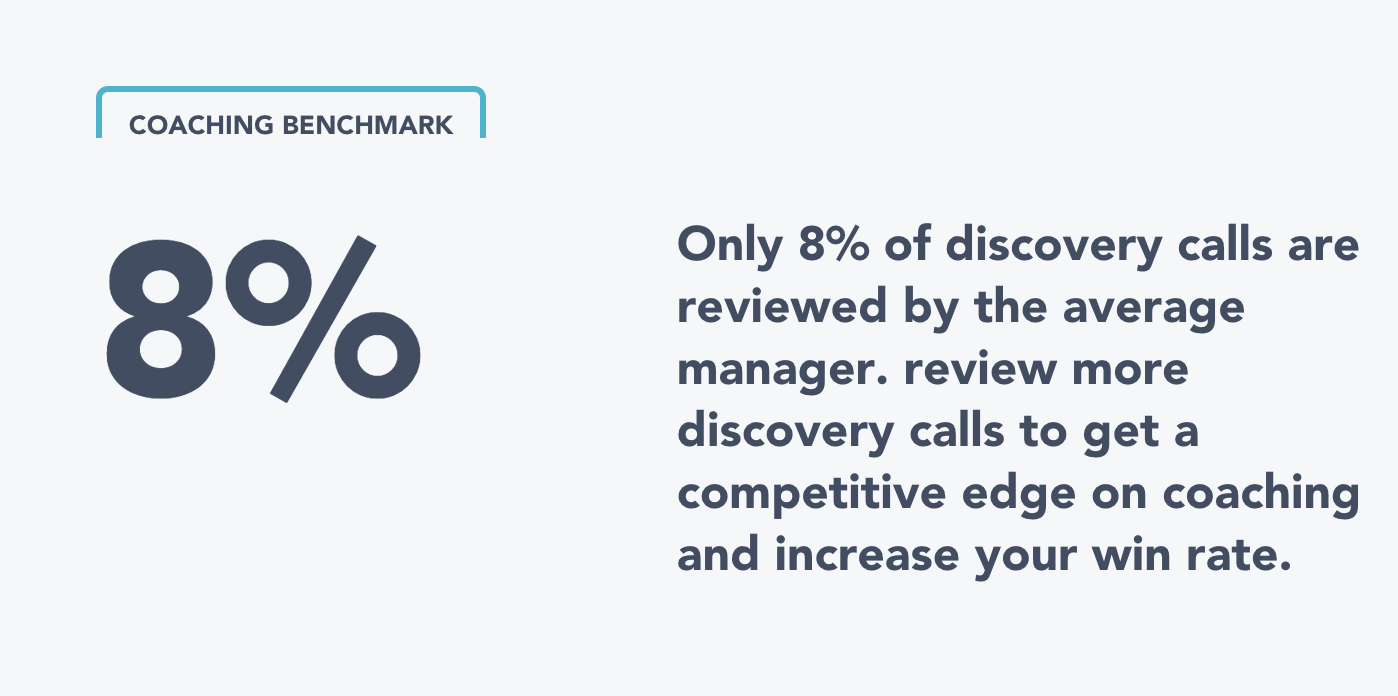People who work in sales have similar fears: watching their pipeline unravel, falling short of quota, losing a deal they were sure they would win, etc. While the sales career path is known to be a roller coaster ride, sometimes the lows are prolonged much longer than anticipated and reps are caught in a slump.
We also see these scenarios or feelings take place on a seasonal level, such as, “It’s summer. People are out of the office and on vacation,” or “We’re facing the end-of-year holidays. People are not making major decisions until the new fiscal year.”
Last, but not least, 2020 threw a brand new chaos factor into the mix: COVID-19. Not only are people facing their own challenges that unexpectedly marry home and work, but they are facing new obstacles like budget freezes, layoffs and global uncertainty.
It would be easy for any sales team to give up. But Chorus.ai data from millions of calls over the last couple of weeks has shown these key insights:
- Despite cold call dials down 32 percent since January, connection rates maintain pre-COVID levels.
- We’re seeing a gradual return to 30-day payment terms.
- Timeline risk mentions are still far above pre-COVID levels but have held flat week over week.
- Sales leaders are joining 69 percent more meetings, and buying-side leaders are joining 65 percent since January.
So while sales teams might “feel” a slump, the reality is that productivity looks different these days. No one likes losing control, but when reps and managers are actively communicating, these scenarios can play out more effectively so everyone comes out on top.
Four Types Of Challenges Your Team Might Be Facing
Despite the current environmental factors outside of your company’s control, your team is likely facing the following scenarios that are within your control and will have a significant impact if addressed:
- Diverging from Best Practices: Doing the same thing over again can help perfect a craft or cause some reps to go on autopilot. When managers listen in on cold calls, they should be able to spot the best practices they’ve fostered with their team. This could be turning on video, mentioning competitors in discovery calls or personalizing outbound messaging. If leaders notice one or more of these details being missed, the rep might need encouragement to revisit the gold standards.
- Simple Knowledge Gap: Jump on LinkedIn at any point in the day and you’ll find thought leaders touting what works best for their team. This rabbit hole can quickly become overwhelming for some reps, who know they need to be experts in presentations, communication and story-telling. In one-on-ones with your reps, gauge their industry knowledge to ensure concepts you thought of as obvious are actually understood.
- Lack of Focus on What Matters: Far too often sales professionals try to close the gap by focusing one one strategic deal at the expense of the rest of their pipeline. Others dig in to data and get “analysis paralysis” rather than take action. Some simply don’t know where to begin to address the gap. Help your reps determine the most impactful ways to allocate their time to ensure their effort will drive results.
- The Self-Perpetuating Slump: It takes skill, grit and focus to continue on in the face of failure. One quarter your rep might double their quota, but if the following two quarters look bleak, their attitude and perspective could shift. Creating a coaching culture that doesn’t over-stigmatize underperformance and embraces feedback can help your team members seek support before a slump happens.
Sales managers should be consistently dedicating time to reviewing outreach and coaching with relevant feedback, but with the understanding that the different types of sales slumps may require a new level of immersion into the rep’s pipeline.
For example: Is a rep consistently having trouble at the top of the funnel tasks like turning calls to meetings, or bottom of the funnel, such as closing a shoo-in deal? If the former, analyze your sales reps cadence to make sure they haven’t missed any steps and reconfirm cold call messaging. On discovery calls, our 2020 State of Conversation Intelligence found that reps should be asking fewer questions, and more closed/won deals had another colleague attending, such as a manager or sales engineer.


The Light At The End Of The Slump Tunnel
When managers hone in on their reps unique challenges, and when reps commit to applying coaching recommendations and best practices, sales slumps end. Coaching is a key part of a sales manager’s role, so they shouldn’t fear slumps but rather embrace the learning opportunities for everyone involved.
And once out of the slump they’ll begin enjoying the roller coaster. Sales reps should read slumps, first and foremost, as part of the life of a sales professional—almost everyone will experience one at some point in their career. The truth is beating your slump will make you a better salesperson.


Randy DeHaan is currently regional vice president at Chorus.ai. He’s worked with hundreds of companies, empowering them to meet and exceed company goals while creating scalable, repeatable processes.






